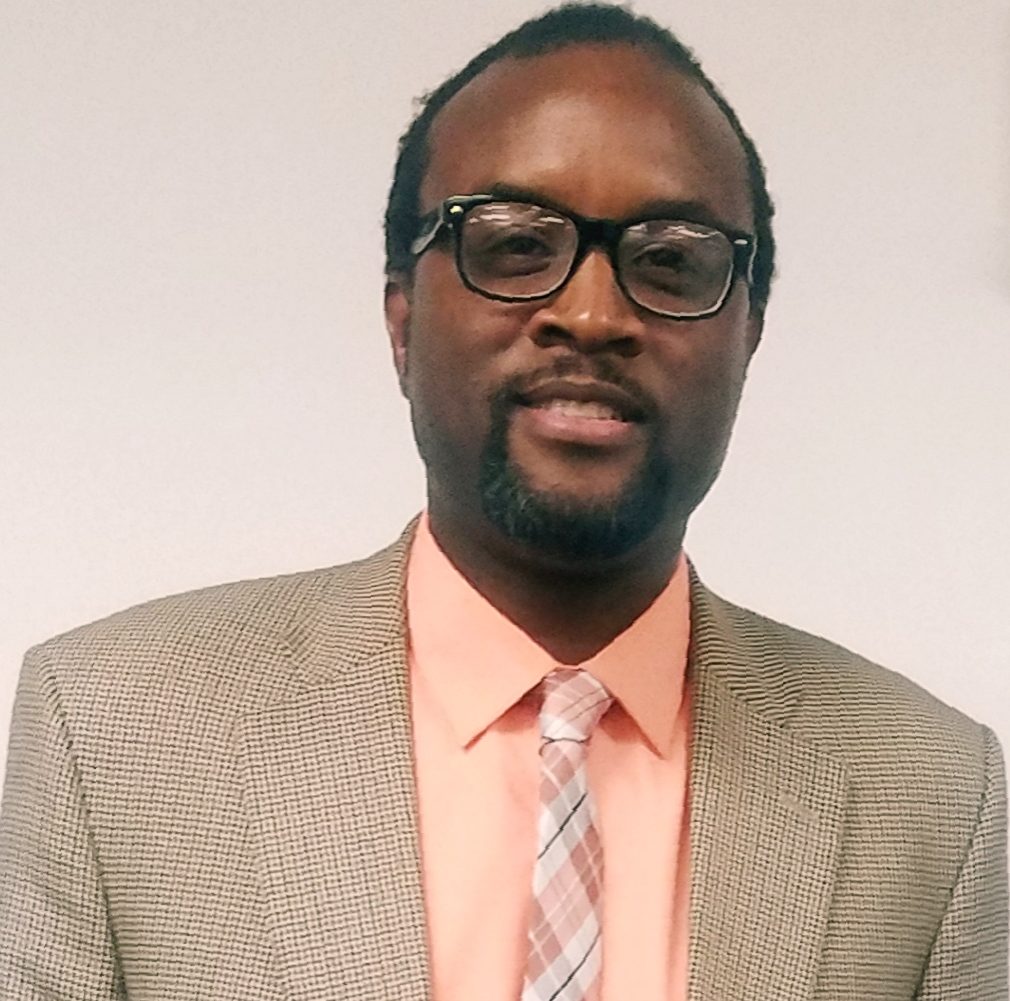‘We Breathe, We Live: Brotherly Love Protest Stories’ part of ongoing dialogue about race and policing in U.S.
 May 24, 2021
Category: Featured, Media, Medium, Purpose
May 24, 2021
Category: Featured, Media, Medium, Purpose
Disclosures
This guest column was written by Gabriel Bryant, Engaging Males of Color (EMOC) coordinator for the Department of Behavioral Health and Intellectual disAbility Services in Philadelphia.There are some events and dates in life that you will never forget.
Dates that leave a long-lasting mark on one’s psyche, remembering where you were, how the space felt, the emotions you had and the thoughts that immediately entered your mind.
When the news broke that George Floyd was killed by officer Derek Chauvin in Minneapolis, Minnesota, I was in the living room having just finished a Zoom meeting. It was a quiet, warm day, the sun was out, I was a little hungry, but I felt at ease. Then my phone started ringing.
It was May 25, 2020.
I would join millions of people across the country the next day who would watch the now infamous video — taken by a fearless, teenage onlooker we would later find out was Darnella Frazier — and be shaken once again by the myriad of emotions that have come over the years due to police violence taking the lives of unarmed, Black and brown people.
Summer started early last year.
The City of Philadelphia‘s Department of Behavioral Health and Intellectual disability Services (DBHIDS) Engaging Males of Color (EMOC) initiative, an effort that I lead for the Department, was and is uniquely designed to address some of the challenges that would follow over the course of this past year.
Since conversations and data collection began in 2013 by then DBHIDS Commissioner, Dr. Arthur C. Evans Jr., and our official launch in 2014 when I was brought onboard, we have worked to promote mental health and wellness for men and boys of color in Philadelphia. We seek to increase access and awareness to behavioral health services, build health literacy and reduce the stigma associated with mental health. We understand the vast disparities when it comes to the social determinants of health for this population and build strategic partnerships to assist in connecting folks to resources.
In perhaps a twist of fate here, EMOC, though initially modeled somewhat after then-President Barack Obama’s My Brother’s Keeper initiative, is about as old as the Black Lives Matter movement, which started as a hashtag after George Zimmerman, in 2013, was acquitted in the murder of Trayvon Martin.
“We Breathe, We Live: Brotherly Love Protest Stories” is part of EMOC’s contribution to this ongoing dialogue about race and policing in this country.
[youtube https://www.youtube.com/watch?v=6XJYs0Hs9D8]
Our team has served on panels and shared thoughts in meetings and conferences since May 2020, however it is the value of storytelling, brought on by our special partners in the nonprofit, First Person Arts (FPA), that became the catalyst for this film project. FPA amplifies stories of everyday Philadelphians in dynamic productions and we began a series several years ago, Beyond Expectations, to showcase the innermost feelings and ideas that males of color have and navigate through each day, covering a range of subject areas and issues.
“We Breathe, We Live…” is a continuation of that work.
We identified seven men of various backgrounds, ages and experiences to share their story, as we prepare for the one-year anniversary of this infamous murder and subsequent summer of protests. Where were they? How did they feel? What was it like to be on the ground in the marches? How has this trauma affected them and/or their loved ones? The director of the film, Glenn Holsten, brought a brave and innovative vision to catalyze and link the ideas presented in the film.
These rich stories, plus the inclusion of spoken word poetry and conversations with our DBHIDS EMOC colleagues, give life to a moment that was a peak example of dehumanization.
This film has further resonance since we find ourselves in Mental Health Awareness Month; additionally seen in the relief of millions now that Chauvin has been convicted of his charges.
We hope on Monday, May 24, at 9 p.m. on WHYY-TV (and live on www.whyy.org) that communities will gather to watch this film and see these men, in a state of vulnerability, not as the stereotype, but as the humans that they are.
Which is maybe all that George Floyd wanted.
###
For more information about EMOC, please contact Gabriel Bryant at Gabriel.bryant@phila.gov, follow EMOC on twitter @emocphilly, and for additional resources and supports, go to www.dbhids.org/boost.
Trending News










